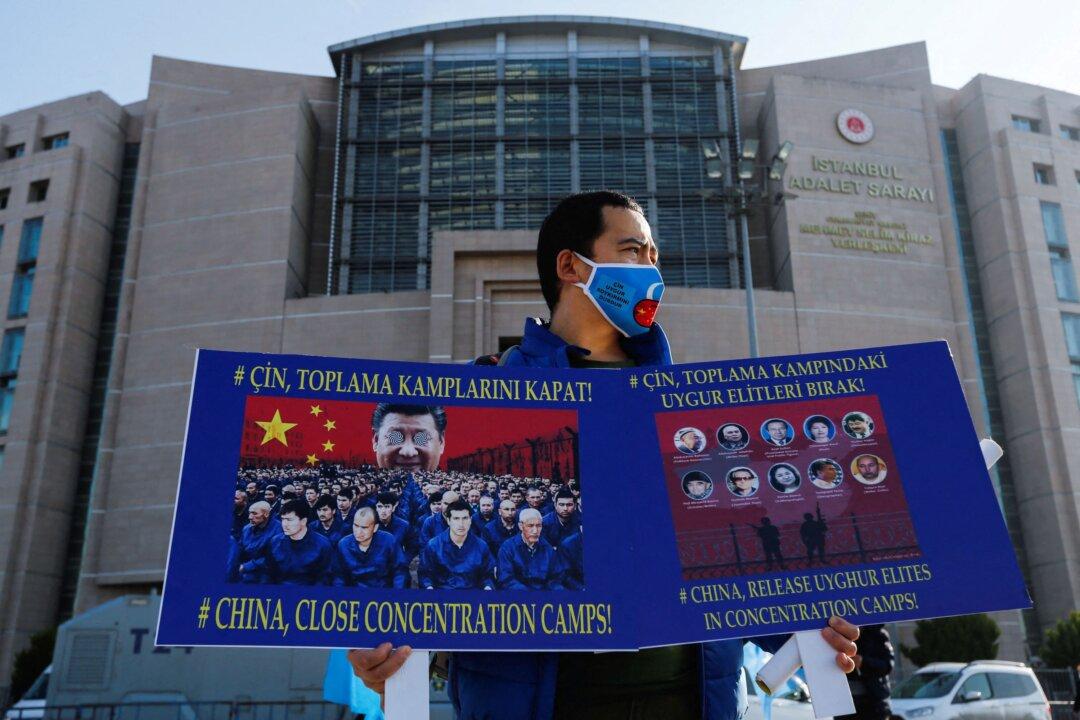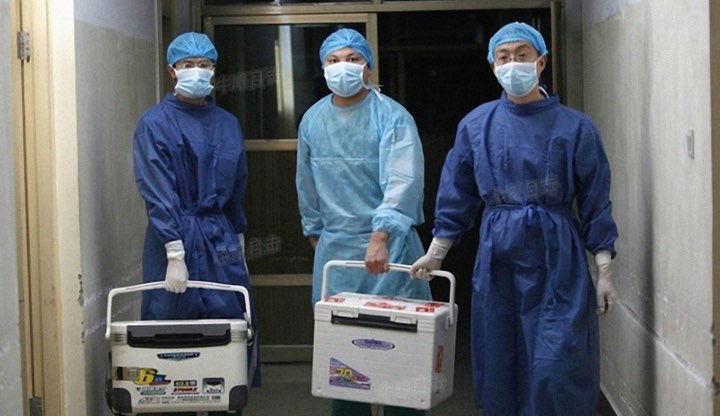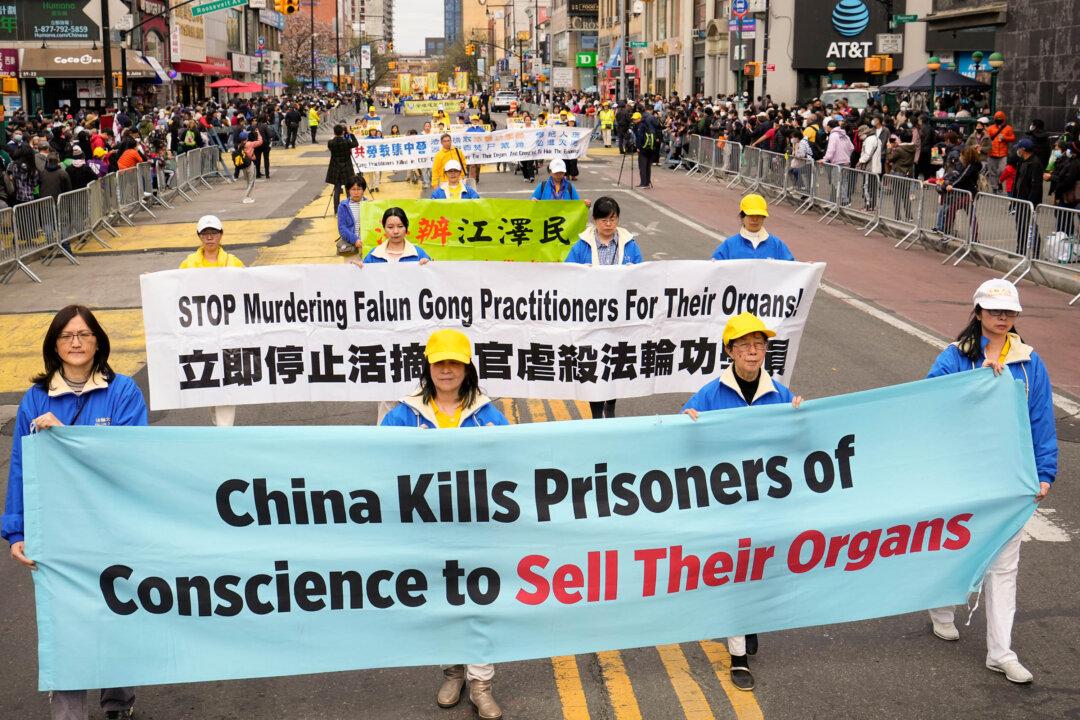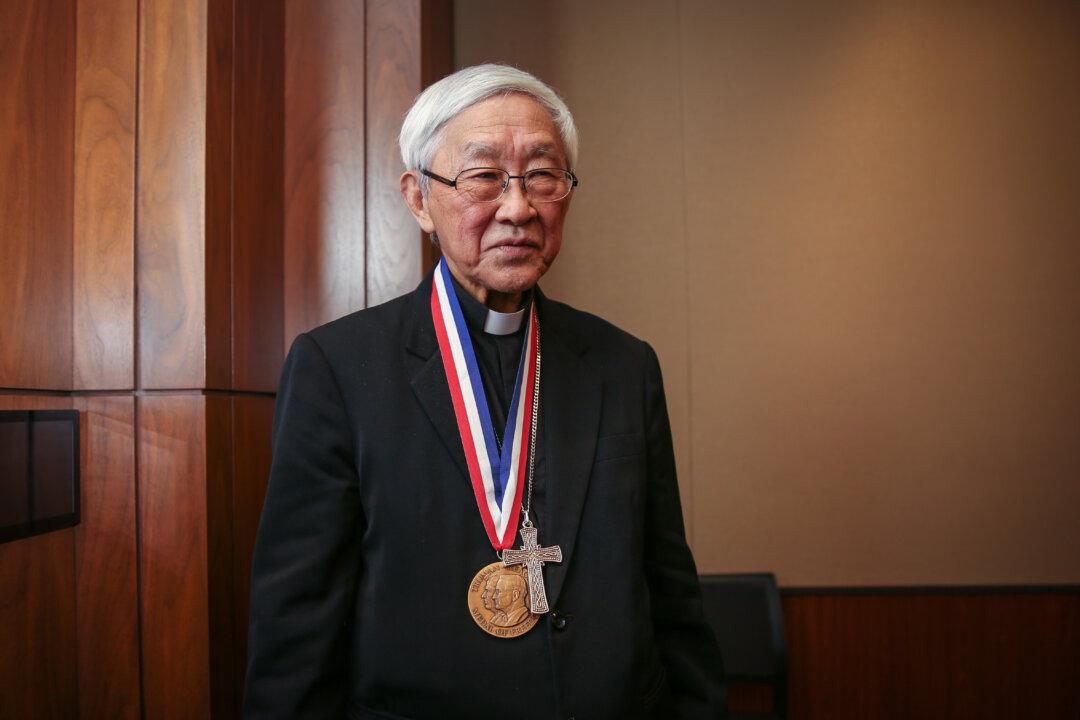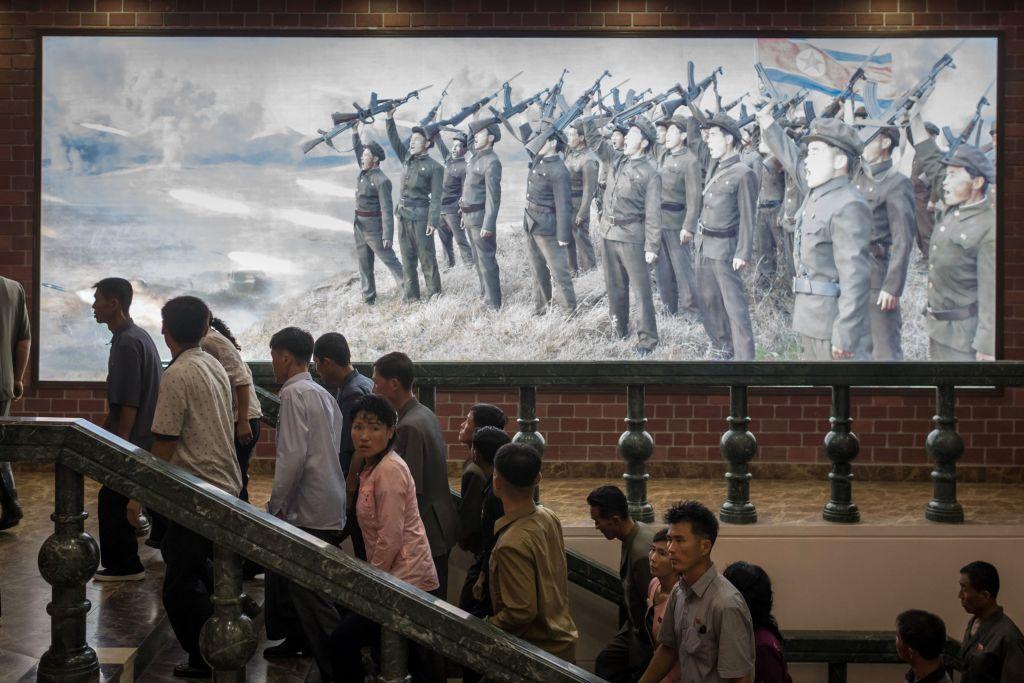Commentary
On Dec. 4, 2021, Chinese leader Xi Jinping gave his first public speech on religion in five years, blandly reemphasizing his “Sinicization” policy of “actively guiding religions to adapt to the socialist society.” In practice, Xi’s policies toward religious groups are far more wrathful.
